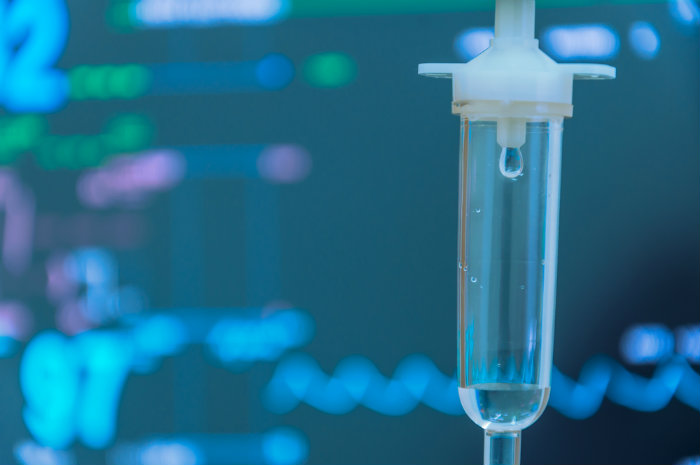I’ve been tired all day, which is nothing new, as fatigue and multiple sclerosis go hand in hand. It’s been one of my primary symptoms since I was diagnosed in 1980.
To counter my MS fatigue, I’ve taken Provigil (modafinil) for many years. Initially, taking 100 mg in the morning helped me make it through the day. But as time went on, Provigil’s effectiveness waned.
The year before I retired eight years ago, I’d occasionally start to doze off in my office or worse, while driving home from work. Recently, I began to wonder if Provigil was working for me at all. Today, while visiting our young grandkids, I was dragging; my eyes were open, but I had no energy, even though I’d taken my medication less than two hours earlier.
Could the benefits be in my head?
Interestingly, a day earlier, I read a study in The Lancet Neurology that looked at three medications commonly prescribed for multiple sclerosis fatigue: modafinil, methylphenidate, and amantadine. (In the U.S., methylphenidate is marketed as Ritalin, among others.) The results surprised me.
In the study, 136 MS patients who had their fatigue measured by the Modified Fatigue Impact Scale (MFIS) were rotated through the trio of fatigue medications plus a placebo, spending six weeks on each. Their fatigue levels were measured based on the MFIS after each medication.
Guess what? The medications appear to have done no better than the placebo. Take a look at the estimated mean values of MFIS total scores at baseline and following the maximal tolerated dose for each:
- Score at baseline: 51.3
- Score after placebo: 40.6
- Score after amantadine: 41.3
- Score after modafinil: 39.0
- Score after methylphenidate: 38.6
While the medications didn’t prove to be better than the placebo in improving MS fatigue, they did result in more frequent adverse events. So, considering the risks and the benefits, the researchers concluded that “the results of this study do not support an indiscriminate use of amantadine, modafinil, or methylphenidate for the treatment of fatigue in multiple sclerosis.”
Does this surprise you?
People with MS have been using these medications for years in an effort to tame the fatigue monster, so it’s no wonder I was surprised by these results. Maybe I shouldn’t have been. The folks at the National MS Society (NMSS) remind us that no medications are approved specifically to treat MS fatigue. Everything that people with MS use is prescribed off-label.
Clinical trials of meds for MS fatigue have produced mixed results. As the Cleveland Clinic’s website reports, two studies have looked at modafinil’s effects on MS fatigue. One “showed a significant effect on fatigue, but the other did not.” Interestingly, the clinic also noted that a recent study found that taking two regular aspirins twice a day significantly reduced fatigue in people living with MS.
Lessening MS fatigue without medications
The NMSS and the Cleveland Clinic both suggest fatigue-reducers such as exercise, physical therapy, and relaxation therapy. Multiple Sclerosis News Today patient columnist Jessie Ace shared some other ideas a few months ago. But I think most of us have tried non-medicinal strategies and only turned to medications when those therapies didn’t help enough.
I tried going without my 100 mg dose of Provigil in the morning yesterday, and I didn’t feel much more tired in the late afternoon than I usually do. I think I’ll try this unscientific experiment again, but over two or three days, to see what happens.
Has there been fatigue-relieving magic in the pill I’ve been taking all these years, or has it all been in my head?
)A version of his post first appeared at my column on the MS News Today website.)



